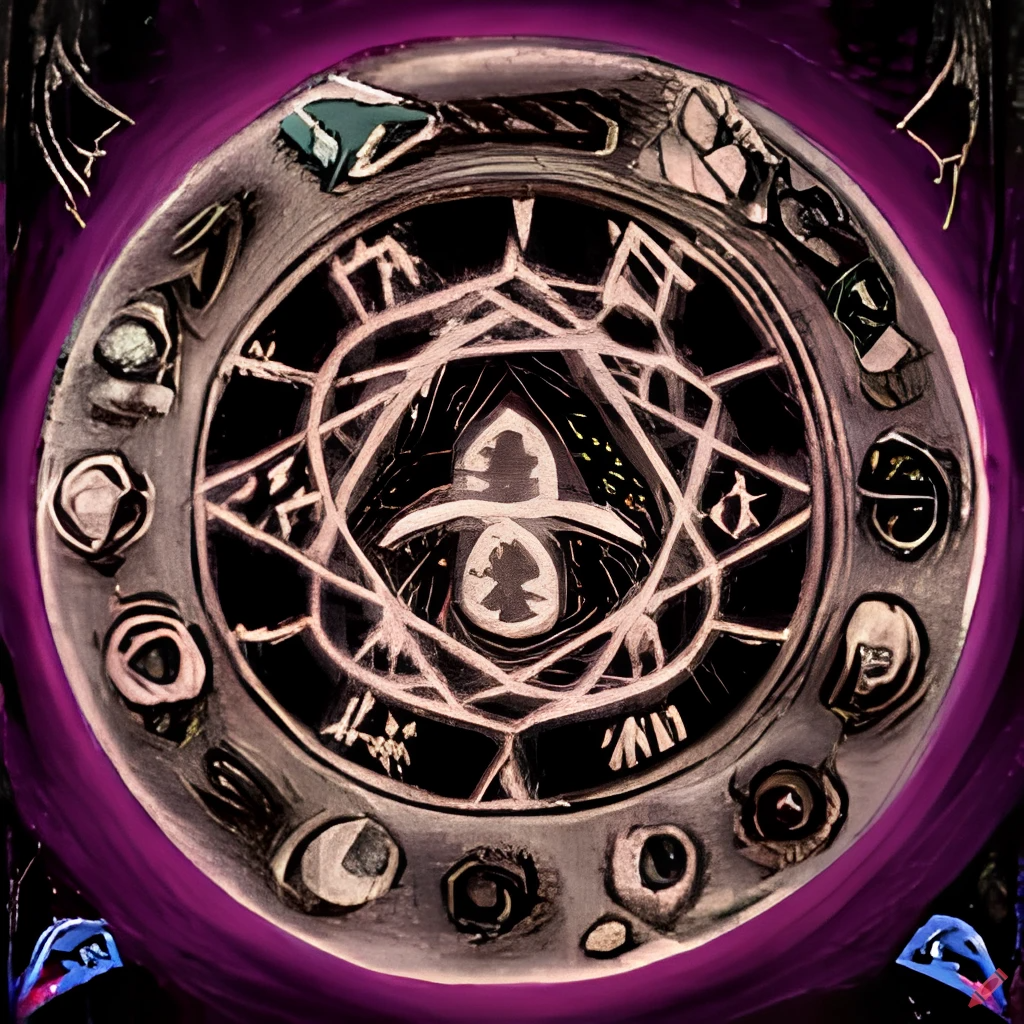In Wiccan practice, an altar is a sacred space that is set up for the purpose of performing magickal rituals and spells. It is a physical representation of the sacred space where the practitioner can connect with the Divine, the elements, and other spiritual energies.
A Wiccan altar can be as simple or elaborate as the practitioner desires, and it can be set up indoors or outdoors. The altar may include a variety of items, such as candles, crystals, herbs, incense, and other symbolic objects that represent the elements, the seasons, and the practitioner’s personal spiritual beliefs.
The altar is typically set up in a specific way, with certain items placed in specific locations to correspond with the elements and energies being invoked. For example, candles may be placed in the north to represent the element of earth, while incense may be placed in the east to represent the element of air.
Wiccans may also use specific colors, symbols, and correspondences in their altar setup, depending on the intention of the ritual or spell being performed. For example, a love spell may incorporate the use of pink or red candles, while a protection spell may incorporate the use of black or white candles.
The altar is not only a physical space for performing magickal rituals, but it also serves as a place of meditation and reflection. Many Wiccans will spend time at their altar each day, lighting candles, meditating, and communing with the Divine and other spiritual energies.
In addition to using the altar for personal rituals and spells, Wiccans may also use it to perform group rituals with other practitioners. During these rituals, the altar is often set up in the center of the circle, with each practitioner adding their own items and intentions to the space.
Overall, the altar is a sacred space in Wiccan practice that is used to connect with the Divine and other spiritual energies, to perform magickal rituals and spells, and to foster a deeper connection with oneself and the world around us. It is an essential tool for any Wiccan practitioner, and one that can be personalized and customized to fit their individual spiritual beliefs and practices.
